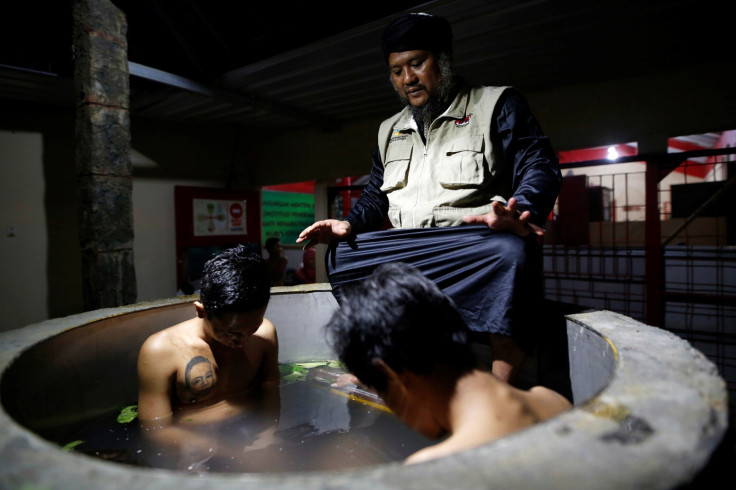Amid fight to end drug trafficking, Indonesia cuts funding for rehabilitation
Out of nearly six million drug users in Indonesia, less than 1% received treatment in 2014.

With the execution of four drug traffickers last week, Indonesia intensified its war on drugs, but it is reported to have cut state funding for rehabilitation. Indonesia's President Joko Widodo has maintained that drugs pose a bigger threat to the nation than Islamist militancy. He had ordered three Nigerians and an Indonesian to face the firing squad on 29 July.
While raids, arrests and punishments against drug mules have gone up, state funding for rehabilitation of people to wean them away from drugs and cut demand seems to have decreased. It has emerged that Indonesia became one of Asia Pacific's biggest markets for narcotics from being just a drug transit point as dwindling funds have reportedly left thousands of people with few affordable options.
Social Affairs Minister Khofifah Indra Parawansa told Reuters: "We need support in terms of budget to be able to rehabilitate all drug users in need. Our budget alone is not enough for that, it is experiencing a decline."
Government figures show there are nearly six million drug users in the country of 250 million people. According to a 2013 report by the UN Office on Drugs and Crime, more than a million drug users are addicted to methamphetamine or meth. However, less than 1% of the users received treatment in 2014 compared with a global average of 16%, the report said.
Many people end up in crowded jails, although Indonesian law mandates rehabilitation of people who are caught dealing with small quantities of drugs.
"Many of those who are in prison should not be sentenced to prison at all, they should be sent to rehab," Parawansa said.
She added that her ministry aims to rehabilitate 15,000 drug users this year on a budget of Indonesian rupiah 87bn ($6.6m, £5m), but with the reported cuts, it could only get funds to help 9,000 addicts.
Johan Budi, a spokesman for the president, said tighter budget did not mean the government did not value rehabilitation.
"The president is concerned about how to prevent the spread in drug use and rehab programmes are part of that. We need to be hard on smugglers and traffickers, and that explains why the president is taking a hard approach, but that doesn't mean the war on drugs is at the expense of rehabilitation. Both law enforcement and rehabilitation are happening at the same time," Reuters quoted him as saying.
© Copyright IBTimes 2025. All rights reserved.



















